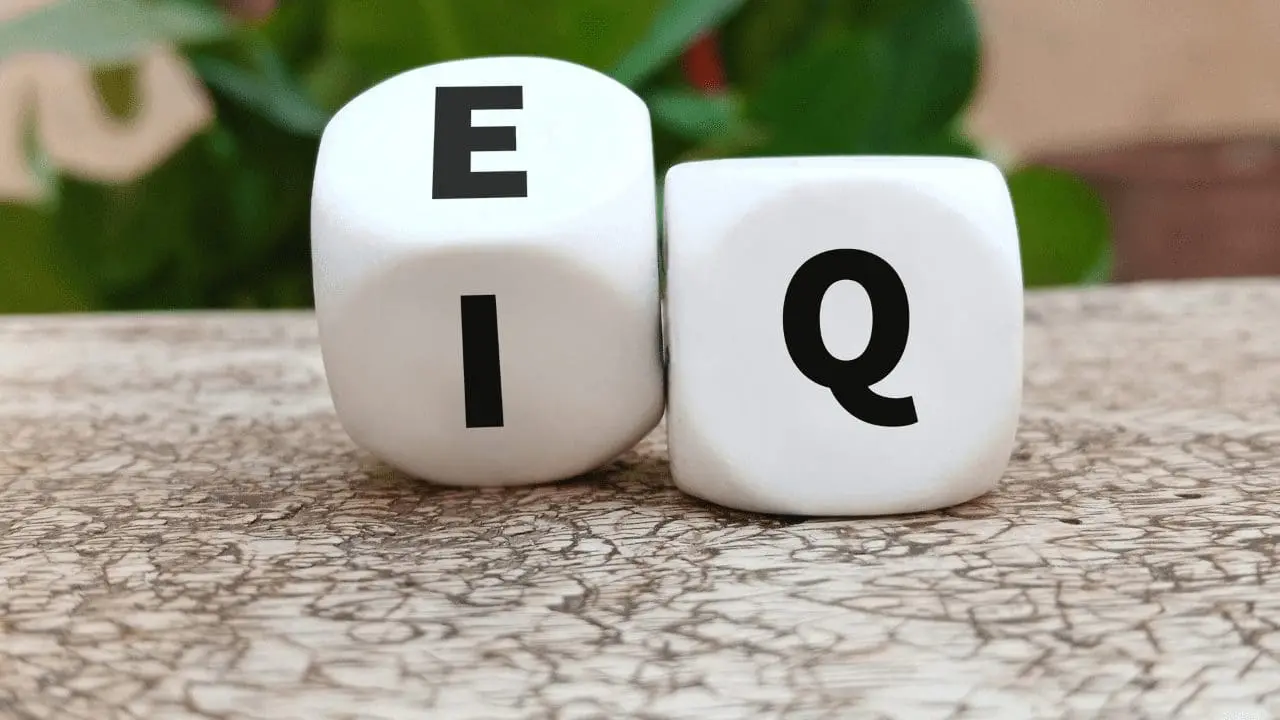
11 Phrases Emotionally Intelligent People Often Say, Do You?
Light House Denver – Emotionally intelligent people aren’t just defined by academic success, logical thinking, or professional achievements. What truly sets them apart, especially in social and professional settings, is their emotional intelligence (EQ).
According to The Journal of Social Psychology, emotional intelligence, or the ability to understand and manage both your own emotions and those of others, is an invaluable asset. It plays a crucial role in building healthy relationships, resolving conflicts, and enhancing job satisfaction and productivity. So, how do emotionally intelligent people communicate? Here are 11 phrases they commonly say:
Instead of pretending to know everything, emotionally intelligent people invite discussion. This phrase reflects humility and a strong willingness to learn from others.
“Continue Reading: The Secret to Longevity, 5 Favorite Foods of the Japanese People”
This shows deep empathy, the ability to see emotions from another’s perspective. For those with high EQ, making others feel understood is a priority.
This phrase helps express disagreement without damaging the relationship. Emotionally intelligent individuals know how to disagree without confrontation and keep the conversation constructive.
This sincere question shows care beyond just facts. People with high EQ not only focus on what’s happening but also how others are affected emotionally.
Instead of jumping to conclusions or getting offended, they ask for clarification. This openness shows emotional maturity and respect for others’ perspectives.
Rather than fearing the appearance of ignorance, they seek understanding and clarity to prevent future miscommunication.
Giving praise is second nature. Emotionally intelligent individuals understand that genuine recognition boosts motivation, teamwork, and fosters a positive work environment.
They don’t claim to have all the answers. They value input from others and recognize that great ideas can come from anyone, regardless of rank or background.
They focus on the issue, not on blaming people. It’s a healthy way to express concern while managing conflict constructively.
Apologizing is not a sign of weakness but of integrity and personal accountability. Those with high EQ don’t hesitate to admit mistakes and make amends.
A simple phrase with powerful impact. Expressing gratitude sincerely fosters trust and respect in both personal and professional relationships.
Having emotional intelligence doesn’t mean being perfect all the time. But by getting used to saying phrases like these, you’re building a strong foundation for meaningful, productive relationships.
So, how many of these phrases do you use regularly?
“Read More: The Dangers of Forcing a Child to Apologize”